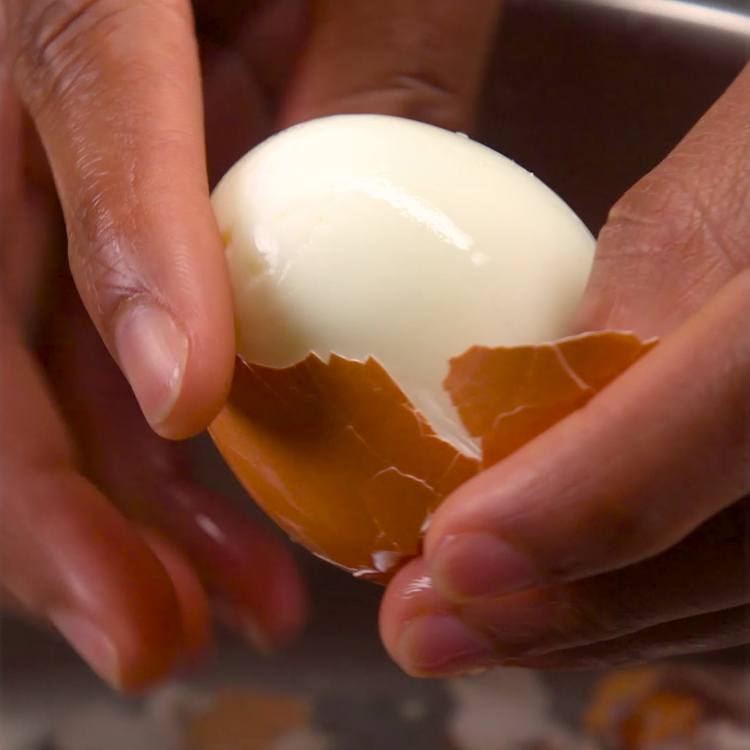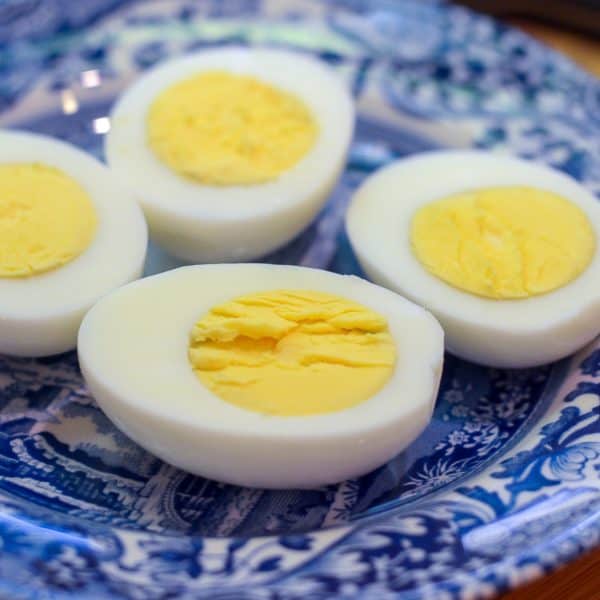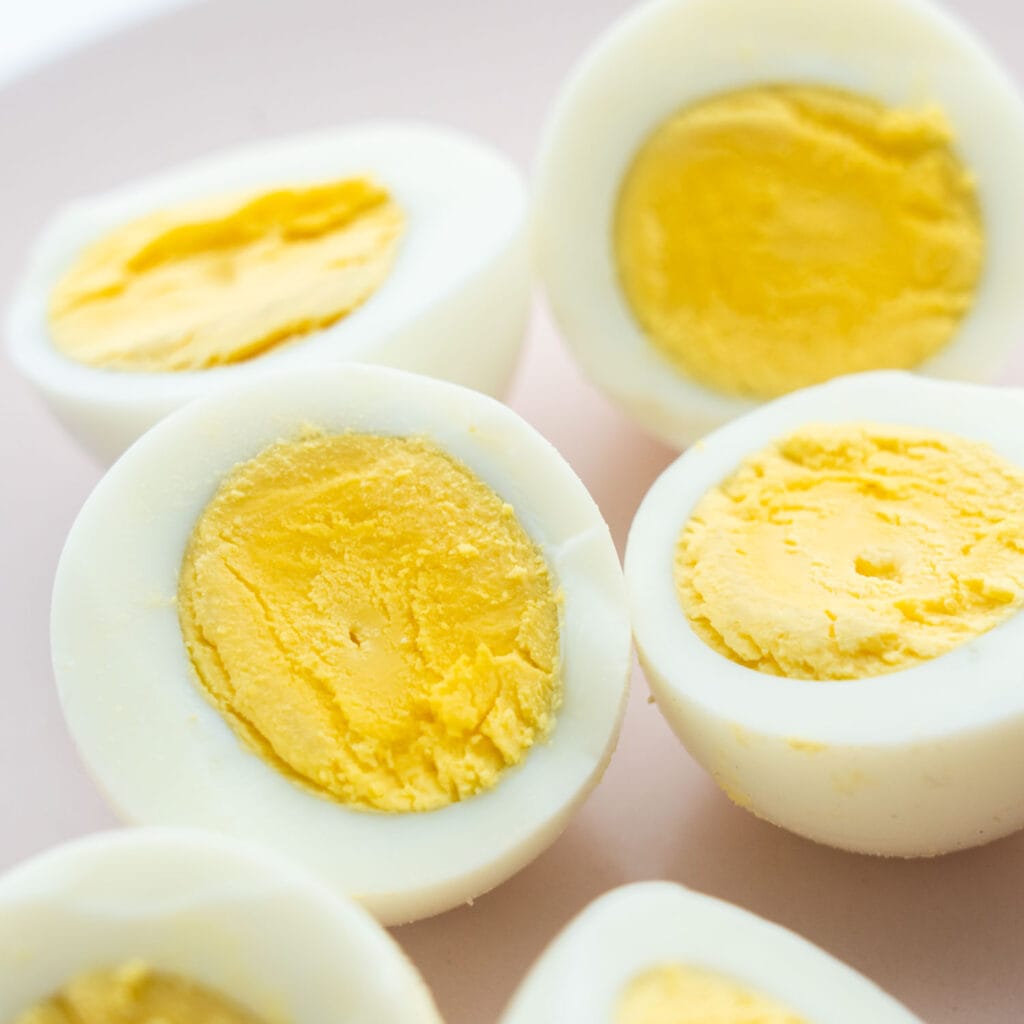Hard-boiled eggs can be a nutritious addition to your diet and a convenient snack for anyone on the go. However, like any perishable food, they have a limited shelf life, especially once they’ve been peeled. Knowing how long peeled hard-boiled eggs last in the refrigerator can help you avoid food waste and ensure you’re eating safely. But it’s not just about understanding how long they last; it’s about proper storage techniques, signs of spoilage, and even the nutritional benefits of hard-boiled eggs that we should dive into.
The Basics of Hard-Boiled Eggs
Before we delve into the specifics of storage, it’s essential to understand what hard-boiled eggs are. Hard-boiled eggs are eggs that have been cooked in their shells by bringing water to a boil and allowing the eggs to cook. The cooking process solidifies both the egg whites and the yolks.
Nutritional Value of Hard-Boiled Eggs
Hard-boiled eggs are incredibly nutritious, offering a good source of:
- Protein: They contain about 6 grams of protein each, which is instrumental for muscle repair and growth.
- Vitamins and Minerals: Hard-boiled eggs are rich in Vitamins A, D, B12, and minerals like iron and selenium.
- Healthy Fats: They have around 5 grams of fat, primarily unsaturated fat, which can be beneficial for heart health.
Understanding this nutritional profile underscores why many people choose to incorporate hard-boiled eggs into their daily diet, but it also raises the importance of proper storage to maintain their freshness.
How Long Do Peeled Hard Boiled Eggs Last?
After cooking, hard-boiled eggs can be stored in the refrigerator for a period that varies depending on whether they are peeled or not. Generally speaking:
- Peeled Hard-Boiled Eggs: Generally last 3 to 5 days in the refrigerator.
- Unpeeled Hard-Boiled Eggs: Can last up to one week when stored properly.
Factors Affecting Shelf Life
Several factors can impact how long your peeled hard-boiled eggs will last:
- Storage Temperature: The refrigerator should be at a consistent temperature below 40°F (4°C). Fluctuating temperatures can adversely affect the eggs’ freshness.
- Method of Cooking: If they were cooked properly, they would last longer. Properly hard-boiled eggs should be cooked long enough to fully solidify the yolk and should be cooled rapidly afterward.
- Cleanliness: If you handle the eggs with dirty hands or on unclean surfaces, this could introduce bacteria, shortening their shelf life.
Best Practices for Storing Peeled Hard-Boiled Eggs
To get the most out of your peeled hard-boiled eggs and optimize their shelf life, follow these best practices:
1. Cooling and Storing Quickly
Once you’ve boiled your eggs, cool them quickly. Place them in an ice bath for approximately 10 minutes. This not only halts the cooking process but also reduces the chances of bacterial growth.
2. Use an Airtight Container
Storing your peeled hard-boiled eggs in an airtight container is crucial. This prevents the eggs from absorbing odors from other foods in the refrigerator and keeps them moist.
3. Add Water
Another effective method is to store them in a bowl of water. This keeps the eggs hydrated and may help maintain their freshness. Just be sure to change the water daily for optimal results.
4. Keep Away from Strong Odor Foods
Eggs can absorb strong odors from foods like onions and garlic. Make sure to position your container away from these foods in the refrigerator.
5. Labeling
If you’re meal prepping or cooking in batches, labeling your containers with the date of boiling can help you keep track of freshness.
6. Avoid Washing Before Storing
While it may seem like a good idea to wash your eggs before storing them, avoid this practice. Washing can remove the eggs’ natural protective coating, increasing their susceptibility to bacteria.
Signs of Spoilage
It’s vital to know how to identify if your peeled hard-boiled eggs have gone bad. Here are some signs of spoilage:
1. Unpleasant Odor
An unmistakable sign that your eggs have spoiled is a foul smell. Fresh eggs should have a mild scent; if they start to emit a strong, sulfur-like odor, it’s time to toss them.
2. Texture Changes
Check the texture of the egg. If it feels slimy or sticky, it’s best to discard it. A fresh hard-boiled egg should feel firm and smooth.
3. Color Changes
Look for any unusual discoloration on the egg. While yolks can sometimes develop a greenish hue due to overcooking, any unusual dark or off-colored spots can indicate spoilage.
4. Floating Eggs
If you’ve stored peeled hard-boiled eggs in water to keep them fresh, a floating egg is a sign of spoilage. Fresh eggs will generally sink in water, while spoiled eggs will rise to the surface.
5. Mold Growth
Though rare, any signs of mold on the surface should prompt you to dispose of the egg immediately. Mold can harbor harmful bacteria that could cause foodborne illness.
Cooking in Batches
Cooking hard-boiled eggs in larger batches — say, on the weekends — can be a great strategy for those with busy schedules. This makes it easy to grab a quick, nutritious snack throughout the week.
However, if you opt for batch cooking, be mindful of how you store them. The methods mentioned previously become even more important when dealing with a larger quantity.
Meal Prep Ideas
Hard-boiled eggs are incredibly versatile and can enhance several dishes. Here are some meal prep ideas that can help you use up your eggs quickly:
Breakfast Ideas
- Egg Salad: Create a delicious egg salad with mayonnaise, mustard, and spices. Pair it with whole-grain toast for a fulfilling breakfast.
- Breakfast Bowls: Sliced hard-boiled eggs can be added to breakfast bowls. Combine them with avocado, spinach, and quinoa for a nutrient-packed meal.
Snacks
- Dip: Blend hard-boiled eggs into creamy dips with yogurt or hummus. Serve with fresh vegetables like carrots and cucumbers.
- Toppings for Soups: Use chopped hard-boiled eggs as a topping for tomato soup or ramen.
Salads
- Green Salads: Toss sliced hard-boiled eggs into green salads for added protein and flavor.
- Potato Salad: Incorporate them mixed with potatoes, mayo, mustard, and spices for a classic potato salad.
 Freezing Hard-Boiled Eggs
Freezing Hard-Boiled Eggs
While it’s not typically recommended to freeze hard-boiled eggs, there are ways to do it safely if you find yourself overwhelmed with leftovers.
Steps to Freeze Hard-Boiled Eggs
- Peel the Eggs: Always peel your eggs before freezing.
- Cut or Leave Whole: You can either cut them in half or leave them whole for storage.
- Wrap: Wrap each egg or half in plastic wrap.
- Container: Place the wrapped eggs in an airtight container or freezer-safe zip-lock bag.
- Label: Don’t forget to label with the date.
Limitations
It’s essential to note that the texture of frozen hard-boiled eggs can be altered. They might become crumbly, making them less appealing for some dishes. However, they can still be great for adding to salads, casseroles, or blended dishes where texture is less critical.
Conclusion
Understanding how long peeled hard-boiled eggs last in the refrigerator is crucial for both food safety and maximizing your nutrition. The 3 to 5-day guideline ensures that you’re consuming your eggs at their best quality while also reducing the risk of foodborne illness. By employing effective storage techniques and being cognizant of spoilage signs, you can enjoy the many benefits of hard-boiled eggs without the worry of wasting food. Whether it’s a quick snack or an essential ingredient in your meals, perfectly stored hard-boiled eggs can be a tasty, nutritious option that fits into a healthy lifestyle.


